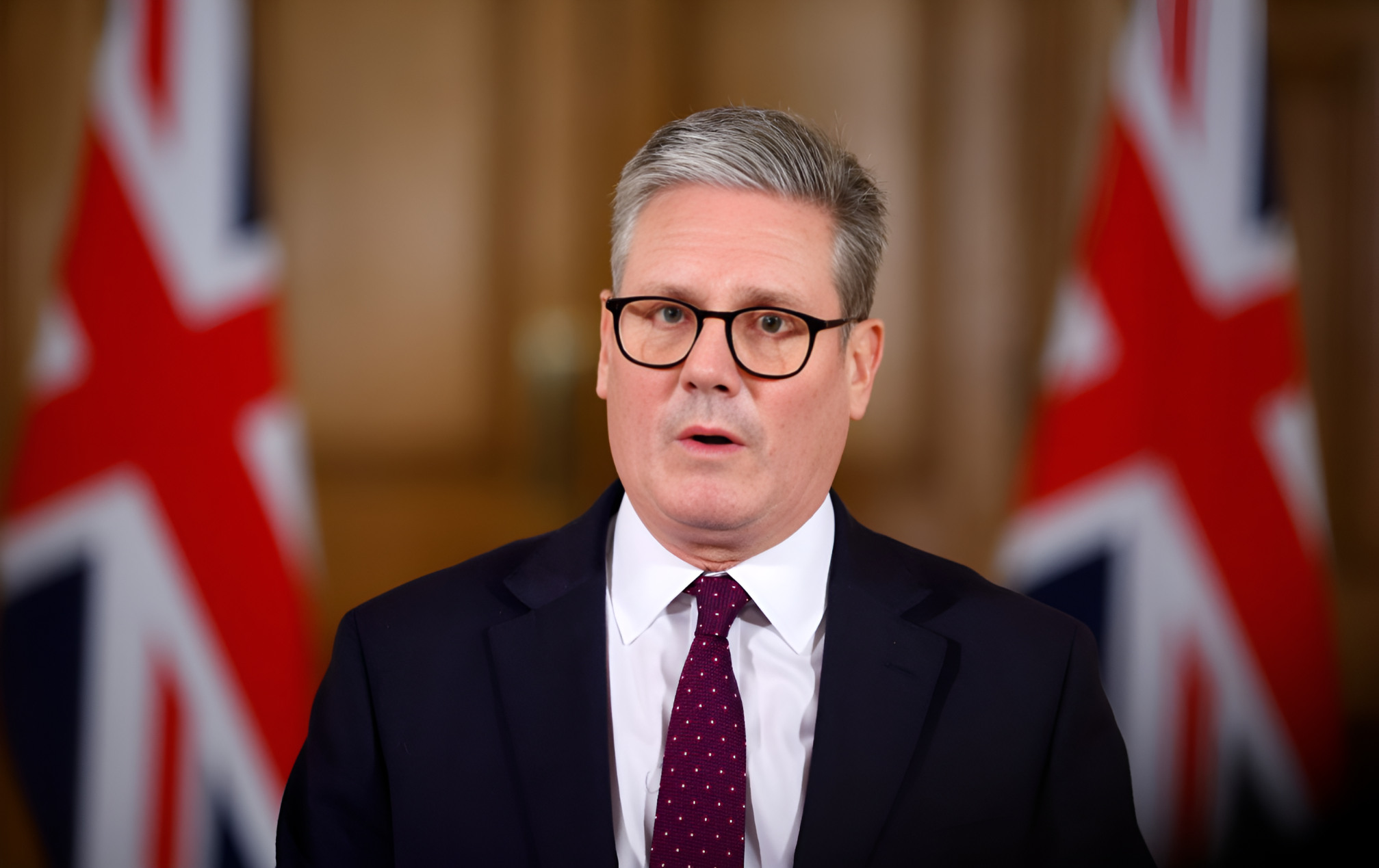The UK Prime Minister, Sir Keir Starmer, is expected to announce the UK's recognition of a Palestinian state in a statement on Sunday afternoon, reports the BBC.
The PM said in July that the UK would shift its position unless Israel met several conditions, including agreeing to a ceasefire in the Gaza Strip and committing to a long-term peace process leading to a Palestinian state co-existing alongside Israel.
The Israeli leadership has ruled this out since the start of the war, following Hamas's attack in southern Israel on 7 October 2023 in which 1,200 people were killed and 251 taken hostage.
The PM's move has drawn fierce criticism from the Israeli government, families of hostages held in Gaza and some Conservatives.
Israeli Prime Minister Benjamin Netanyahu previously said recognition of a Palestinian state "rewards terror".
The decision to recognise a Palestinian state represents a major change in UK foreign policy, after successive governments said recognition should come as part of a peace process and at a time of maximum impact.
However, ministers argue there was a moral responsibility to act to keep hopes of a long-term peace alive.
Efforts to secure a ceasefire in Gaza - let alone a long-term solution to the Israel-Palestine conflict - have faltered. Israel recently sparked international outrage when it carried out an air strike on a Hamas negotiating team in Qatar.
Government sources said the situation on the ground had also worsened significantly in the last few weeks. They cited images showing starvation and violence in Gaza, which Sir Keir previously described as "intolerable".
Israel's latest ground operation in Gaza City, described by a UN official as "cataclysmic", has forced hundreds of thousands of people to flee.
It is the latest Israeli offensive in the nearly two-year war which has seen much of the Palestinian territory's population displaced, its infrastructure destroyed, and at least 65,208 people killed, according to Hamas-run health ministry figures.
Earlier this week, a United Nations commision of inquiry concluded Israel had committed genocide against Palestinians in Gaza, which Israel denounced as "distorted and false".
Ministers have also highlighted the continued expansion of Israeli settlements in the occupied West Bank, which are illegal under international law, as a key factor in the decision to recognise Palestinian statehood.
Justice Secretary David Lammy, who was foreign secretary when recognition was proposed, cited the controversial E1 settlement project - which critics warn would put an end to hopes for a viable, contiguous Palestinian state - as well as violence from Israeli settlers in the West Bank.
Palestinian Authority President Mahmoud Abbas welcomed the UK's recognition pledge when he visited Sir Keir earlier this month, with Downing Street saying both leaders had agreed Hamas should play no role in the future governance of Palestine.
Conservative leader Kemi Badenoch said she wanted to see a two-state solution in the Middle East.
But she wrote in The Telegraph over the weekend: "It is obvious, and the US has been clear on this, that recognition of a Palestinian state at this time and without the release of the hostages, would be a reward for terrorism."
Meanwhile, in an open letter to Sir Keir on Saturday, family members of some of the hostages taken by Hamas urged the prime minister not to take the step until the 48 still in Gaza, of whom 20 are thought to still be alive, had been returned.
The announcement of the forthcoming recognition had "dramatically complicated efforts to bring home our loved ones", they wrote. "Hamas has already celebrated the UK's decision as a victory and reneged on a ceasefire deal."
Sources in government said ministers will be setting out next steps for sanctioning Hamas in the coming weeks.
During a state visit to the UK this week, US President Donald Trump also said he disagreed with recognition.

